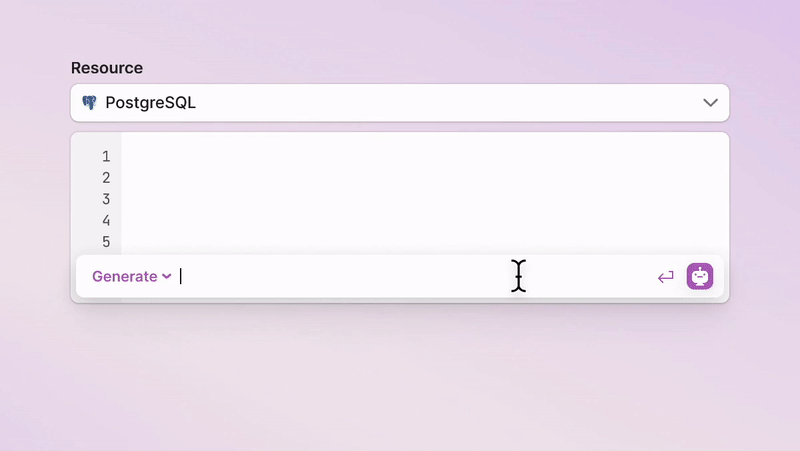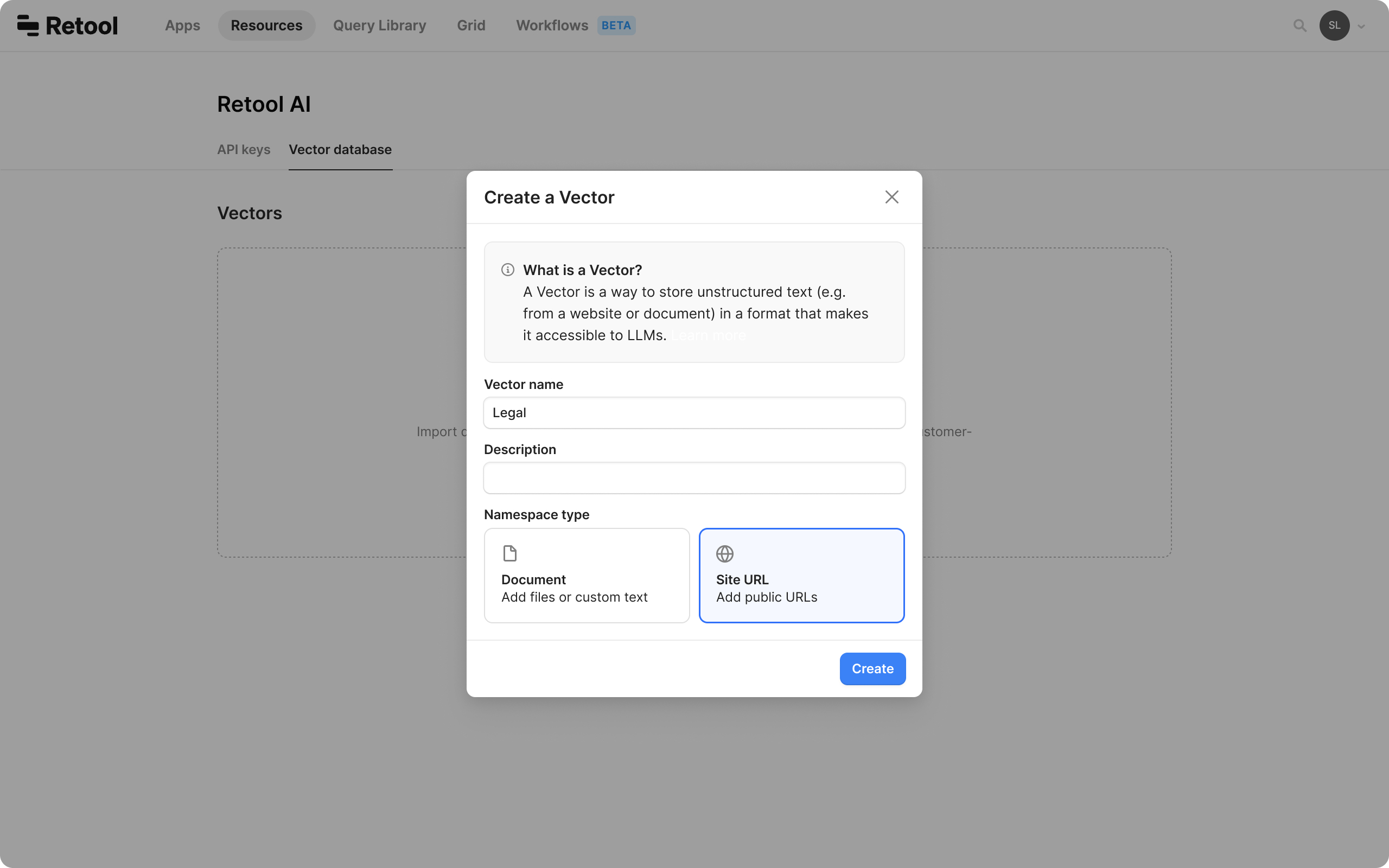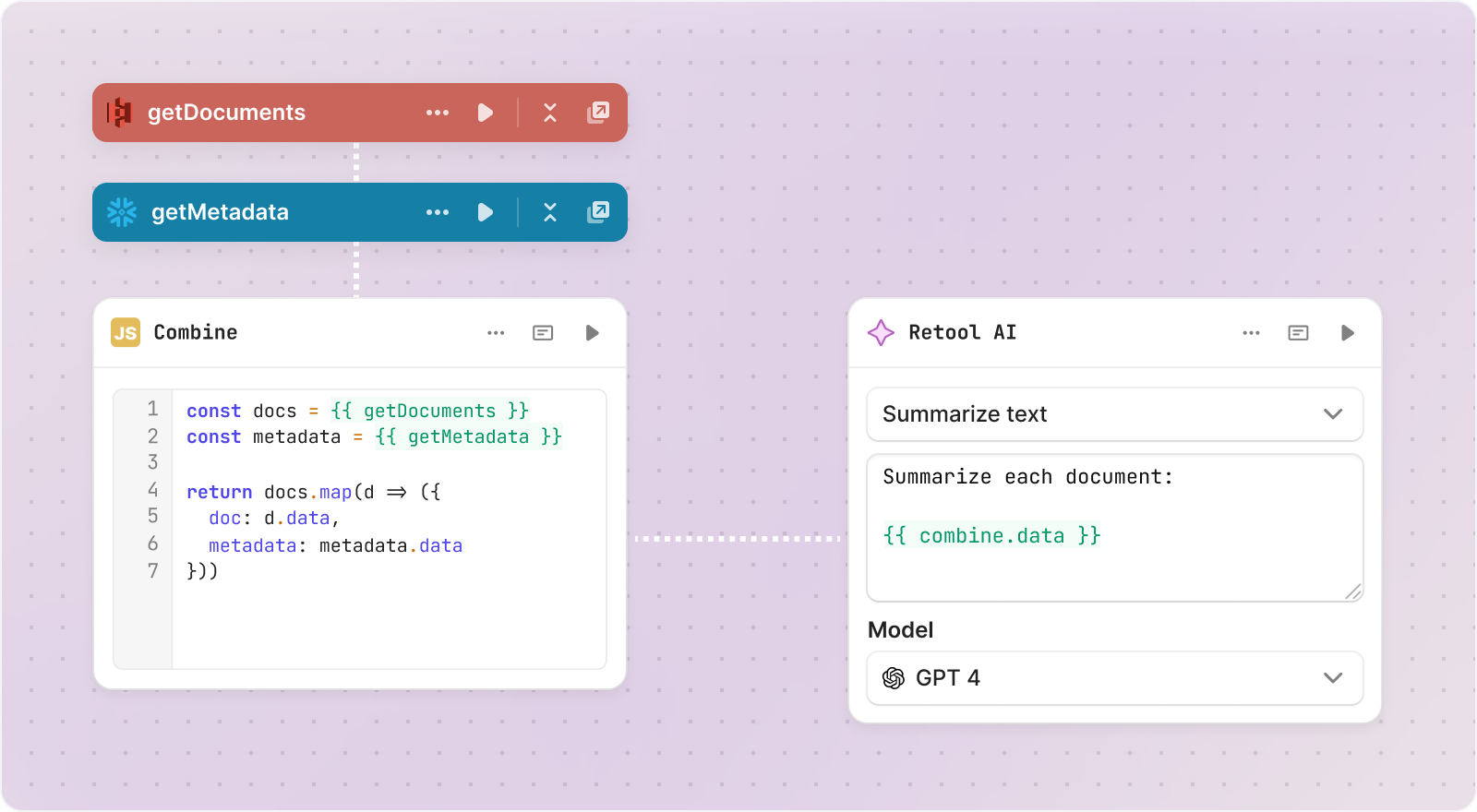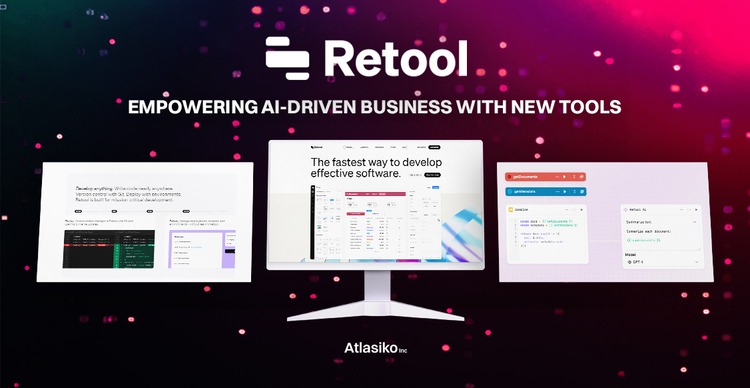Retool, initially known for its line-of-business app development low-code platform, has expanded its services over the years, and today, it's unveiling a suite of new tools designed to facilitate the creation of AI-powered applications. This includes a hosted vector store, aimed at simplifying the integration of contextual data into large language models (LLMs).
David Hsu, CEO, and co-founder of Retool, highlighted the growing interest among their customers in incorporating AI into their applications. For enterprises, the real value of these tools lies in the ability to make data-driven decisions. While copying and pasting data into queries is an option, it's often limited and costly. Training custom models with extensive data is also challenging, and the data quickly becomes outdated.

The prevailing approach to integrating custom data into LLMs is through vectorization, making data accessible to these models. Companies like Google, Microsoft, DataStax, and MongoDB have recently launched their vector search services. However, Hsu believes the differentiating factor is not the vector database itself but how effectively data can be added and maintained within it, especially in sync with other platforms like Salesforce.
To address these challenges, Retool is introducing "Retool Vectors," a hosted vector storage service built on the open-source pgvector extension for Postgres. This solution simplifies integrating and keeping data up-to-date within vectorized databases, bridging a critical gap in custom AI application development.

Retool app has already experimented with AI in customer service, using Intercom's GPT-powered chatbot to handle inquiries. When coupled with a vector database containing all of Retool's Salesforce data, support data, and more, the custom chatbot's effectiveness skyrocketed, closing nearly 60% of tickets, compared to 20% without it. Transcripts from sales calls were also vectorized and integrated with OpenAI's API for querying.
An exciting aspect of Retool's new offering is its integration with the recently launched Workflow service, ensuring that a company's production database and vectorized database stay synchronized, providing LLMs with access to real-time data.

Additionally, Retool has introduced various AI-based actions for everyday use cases such as text summarization classification, and image generation. These features are a result of Retool's partnership with OpenAI, making them accessible through Retool Workflows.
Brad Lightcap, Chief Operating Officer at OpenAI, expressed enthusiasm about this partnership, emphasizing its potential to help businesses deploy AI faster while maintaining safety. With these new tools, Retool is set to empower businesses to harness the capabilities of AI and enhance their operations.







